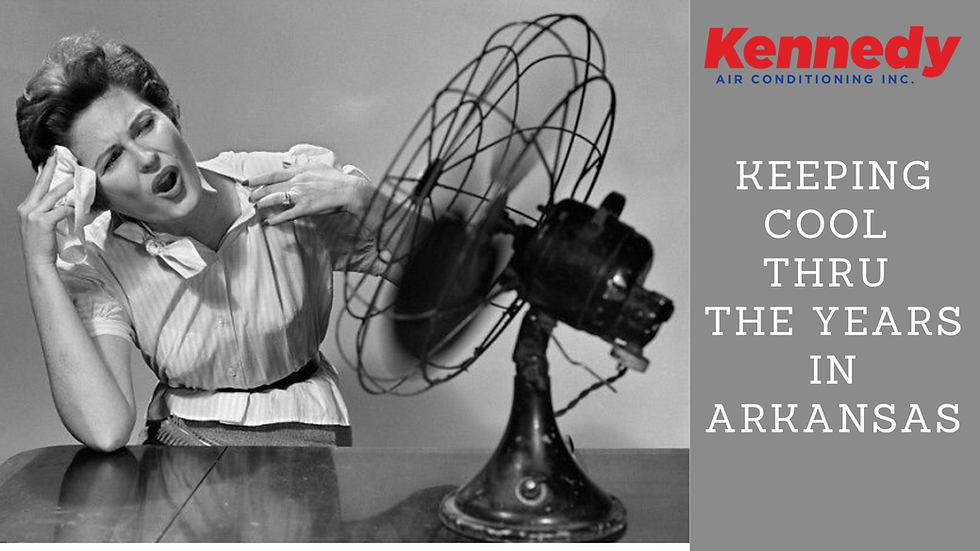KABOOM! Furnace Noises and What They Could Mean
- Kennedy Air Conditioning
- Jan 24, 2022
- 2 min read

A quiet HVAC system is a healthy HVAC system. No matter what kind of HVAC system you have, while they are running there will be certain noises that come with the territory. The sound of air moving through your home, furnaces turning on and off, and whooshing air ducts are all common sounds.
What noise should you listen for to signal that something is wrong?
Clicking
Pay close attention to this, as it could be a cracked heat exchanger in your gas furnace. This is especially problematic because it means carbon monoxide, which is odorless and deadly, can escape the system and circulate through your home.
If you hear this noise, call a pro to have it checked.
Rattling
This could be a simple control board loosened and resolved by tightening some screws, but in rare cases it could be a damaged heat exchanger. You can have a carbon monoxide leak in your home, which is a serious health risk. If you're not sure, call the experts to have a look.
Clanking
If you hear a sound like metal hitting metal, it could be your fan wheel. If you ignore this, you could end up in a situation that causes more damage to the entire system.
If this happens, you risk costly repairs or a completely new system installation. Although the furnace does click from time to time, be aware of any excessive clicking coming from your HVAC.
Screeching
A screeching noise coming from your oven could be a problem with your fan motor.
If you hear this noise and notice that heat is not passing through your home as it should, chances are that the blower motor has failed in some way.
Boom!
This could be your burner. This is one of those things you won't want to ignore as it can be a serious problem. The rumbling you hear could be a small explosion happening in your furnace when it's starting up.
If there is a build-up of dirt in your system, the gas will build up and ignite. This is clearly not a good thing. In addition to the potential explosion problem, it can also crack your heat exchanger, leaking carbon monoxide into your home.




Comments